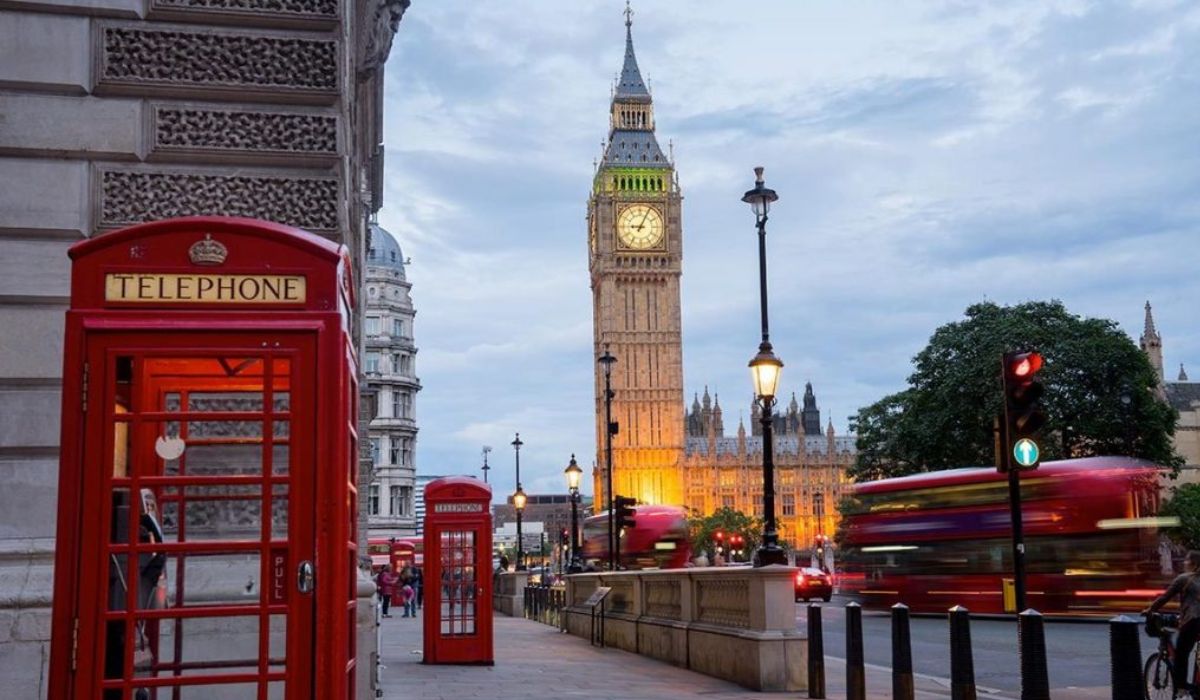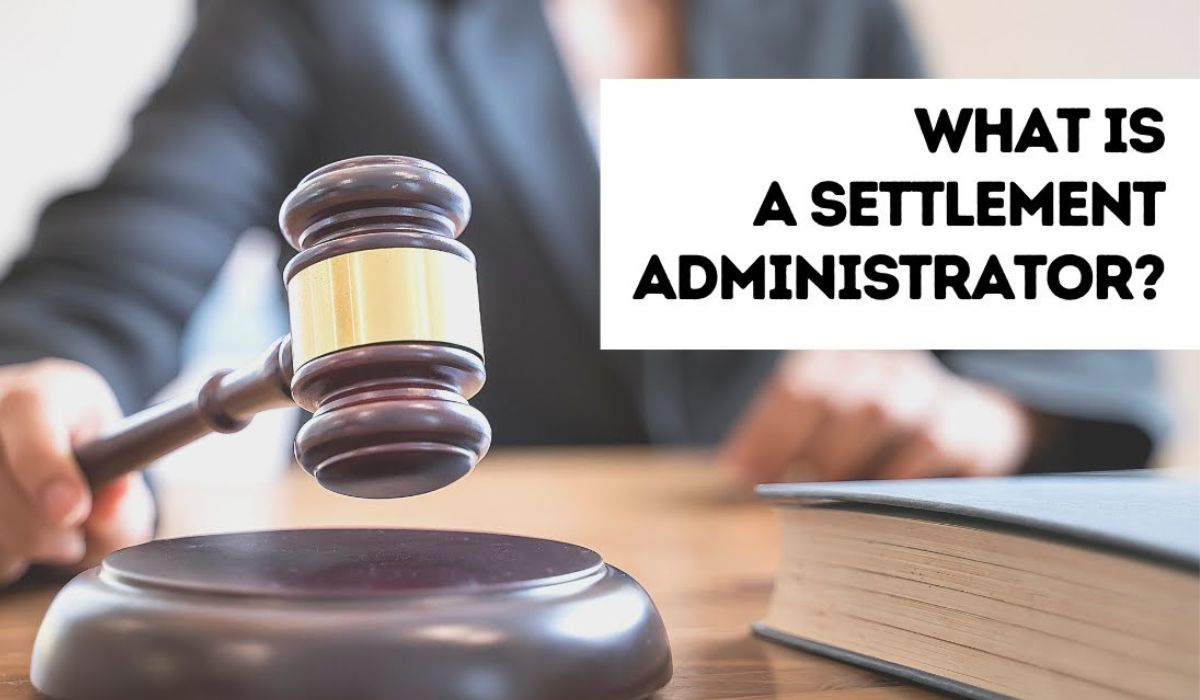The recent scandal involving Professor C.W. Park at the University of Southern California (USC) has sent shockwaves through higher education circles. This blog offers a thorough examination of the lawsuit, its implications for students and faculty, and the lessons learned from this harrowing ordeal.
Background and History of the Controversy
The Rise and Fall of Professor C.W. Park
Professor C.W. Park was a respected academic and a former dean at USC. Known for his contributions to marketing and consumer psychology, Park held a position of significant influence within the university. However, his career took a dark turn when several former students accused him of sexual harassment and misconduct.
A Pattern Emerges
Initially, the accusations seemed isolated. However, as more victims came forward, it became clear that this was not an anomaly but a pattern of behavior that had persisted for years. These revelations prompted an outpouring of public and media outrage, leading to a full-scale investigation into the charges against Park and USC’s handling of the situation.
The Role of Media and Public Outcry
Social media played a crucial role in amplifying the issue. Survivors and their allies used platforms like Twitter and Facebook to share their stories, demanding justice and accountability. The widespread attention forced USC to confront its systemic flaws in crisis management and the protection of its students.
Key Players Involved in the Lawsuit
Professor C.W. Park
The central figure in the lawsuit, Professor C.W. Park, is accused of sexual misconduct that spans over three years. His actions have tarnished his once-sterling reputation and brought to light the hidden dangers within academic institutions.
University of Southern California (USC)
USC, a prestigious institution known for its commitment to student safety, found itself at the center of the controversy. The university faced allegations of failing to protect its students and mishandling reports of sexual harassment.
Yi Youn Kim
Yi Youn Kim, a former student of Park, is one of the primary accusers. Her testimony has been pivotal in bringing the allegations to light and pushing for accountability.
Allegations Against C.W. Park
Sexual Assault and Misconduct
The allegations against Park are severe, involving multiple instances of sexual assault and misconduct over three years. The accusations include unwanted touching, inappropriate comments, and coercion, all occurring during his tenure at USC.
The Impact on Victims
The victims have shared harrowing accounts of the torment they endured. Their testimonies reveal the psychological and emotional toll that Park’s actions had on their lives, both personally and professionally.
The University’s Initial Response
At first, both Park and USC denied any prior knowledge of the allegations. This initial response only fueled the outrage and skepticism among students, faculty, and the public.
Reactions and Responses
USC’s Attempt at Damage Control
In the wake of the scandal, USC implemented several changes to improve its handling of sexual harassment complaints. The university introduced new reporting mechanisms, support options for survivors, and mandatory training programs for faculty and staff.
Challenges in Rebuilding Trust
Despite these efforts, USC continues to face challenges in rebuilding trust. The student body and faculty remain skeptical of the university’s commitment to creating a safe environment. Rebuilding this trust will require sustained effort and transparency.
Public and Media Reactions
The public and media have closely followed the lawsuit, applying pressure on USC to ensure accountability. This scrutiny has prompted other institutions to reevaluate their policies and practices regarding sexual harassment and misconduct.
Impact on the University and Students
A Campus in Turmoil
The scandal has left a lasting impact on USC’s campus. Students and faculty grapple with the aftermath, struggling to reconcile the university’s prestigious reputation with the revelations of systemic failure.
Calls for Transparency and Accountability
Students and advocacy groups have called for greater transparency and accountability from USC. They demand regular updates on the lawsuit’s progress and the implementation of measures to prevent future incidents.
The Psychological Toll on Students
The scandal has taken a psychological toll on the student body. Many students feel betrayed by the institution they trusted to protect them. The university must address these concerns to foster a sense of safety and well-being.
Current Status of the Lawsuit
Ongoing Legal Proceedings
The legal proceedings between Park and USC are ongoing. Both parties are engaged in a complex legal battle that will likely take months, if not years, to resolve. The outcome of this lawsuit will have significant implications for both Park and the university.
The Role of Legal Experts
Legal experts are closely watching the case, as it could set a precedent for how academic institutions handle similar allegations in the future. The lawsuit may prompt changes in policies and practices across the higher education sector.
The Potential Outcomes
The potential outcomes of the lawsuit vary. Park could face significant legal repercussions, including fines and imprisonment. USC may also face penalties, including financial settlements and mandated policy changes.
Lessons Learned and Changes Made by USC
Prioritizing Student Well-being
One of the key lessons from the lawsuit is the importance of prioritizing student well-being. USC has made efforts to improve its support systems and ensure that students feel safe and supported.
Addressing Systemic Flaws
The scandal exposed systemic flaws in USC’s handling of sexual harassment complaints. The university has committed to addressing these issues through comprehensive policy changes and increased oversight.
The Road Ahead
While USC has made progress, there is still much work to be done. The university must continue to listen to its students and faculty, making ongoing improvements to create a safer and more transparent environment.
The Importance of Accountability
Holding Individuals Accountable
The C.W. Park USC lawsuit underscores the importance of holding individuals accountable for their actions. Institutions must take allegations seriously and ensure that perpetrators face appropriate consequences.
Institutional Accountability
Equally important is holding institutions accountable for their handling of such cases. Universities must create robust systems for reporting and addressing allegations, ensuring that they prioritize the safety and well-being of their students.
Building a Culture of Trust
Building a culture of trust requires transparency, accountability, and a commitment to continuous improvement. Institutions must work to regain the trust of their students and faculty by demonstrating their dedication to creating a safe environment.
The Role of Advocacy Groups
Supporting Survivors
Advocacy groups play a crucial role in supporting survivors of sexual harassment and misconduct. They provide resources, advocacy, and a platform for survivors to share their stories and seek justice.
Pushing for Change
These groups also push for systemic change within institutions. They advocate for policy changes, increased transparency, and accountability, ensuring that universities prioritize the safety and well-being of their students.
Collaboration with Institutions
Advocacy groups often collaborate with academic institutions to create positive change. By working together, they can develop and implement effective policies and practices to prevent and address sexual harassment and misconduct.
The Role of Media in Shaping Public Perception
Amplifying Voices
The media plays a critical role in amplifying the voices of survivors and holding institutions accountable. Through investigative journalism and reporting, the media brings attention to issues that might otherwise go unnoticed.
Shaping Public Opinion
Media coverage shapes public opinion and influences the actions of institutions. The widespread coverage of the C.W. Park USC lawsuit has prompted other universities to reevaluate their policies and practices.
The Responsibility of Journalists
Journalists have a responsibility to report accurately and sensitively on cases of sexual harassment and misconduct. Their reporting can have a significant impact on the lives of survivors and the actions of institutions.
The Future of Higher Education
Learning from Mistakes
The C.W. Park USC lawsuit serves as a reminder that institutions must learn from their mistakes. By acknowledging their failures and making meaningful changes, universities can create safer and more supportive environments for their students and faculty.
The Role of Technology
Technology can play a significant role in improving the handling of sexual harassment complaints. Online reporting systems, data analysis, and communication tools can help institutions respond more effectively and transparently.
The Path Forward
The path forward requires a commitment to continuous improvement, transparency, and accountability. Institutions must prioritize the well-being of their students and faculty, creating a culture of trust and safety.
YOU MAY ALSO LIKE
The Role of BestAdvise4U.com News in Information Overload
Conclusion
Reiterating the Importance of Accountability
The C.W. Park USC lawsuit underscores the importance of accountability and transparency within academic institutions. By holding individuals and institutions accountable, we can create a safer and more supportive environment for all.
Taking Action
It is crucial for institutions to take proactive steps to address and prevent sexual harassment and misconduct. By implementing comprehensive policies, providing support for survivors, and fostering a culture of trust, universities can create a safer and more inclusive environment.
Further Resources
For those interested in learning more about the C.W. Park USC lawsuit and its implications, there are numerous resources available. Advocacy groups, academic journals, and media outlets provide valuable information and insights into this critical issue.
Navigating the complexities of the C.W. Park USC lawsuit is no simple task. However, by understanding its implications and taking proactive steps to address and prevent sexual harassment and misconduct, higher education institutions can create a safer and more supportive environment for their students and faculty.
FAQs
1. What is the C.W. Park USC lawsuit about?
The C.W. Park USC lawsuit involves allegations of sexual harassment and misconduct against a prominent university figure, prompting significant scrutiny and systemic changes.
2. How has USC addressed the flaws revealed by the lawsuit?
USC has committed to comprehensive policy changes, increased oversight, and improving support systems to ensure student safety and well-being.
3. What role did advocacy groups play in this case?
Advocacy groups provided crucial support for survivors, pushed for systemic change, and collaborated with USC to develop and implement effective policies.
4. How has media coverage influenced public perception of the case?
Media coverage amplified the voices of survivors, shaped public opinion, and influenced other universities to reevaluate their policies and practices.
5. What steps can universities take to prevent sexual harassment and misconduct?
Universities should implement comprehensive policies, provide support for survivors, foster a culture of trust, and prioritize transparency and accountability.










